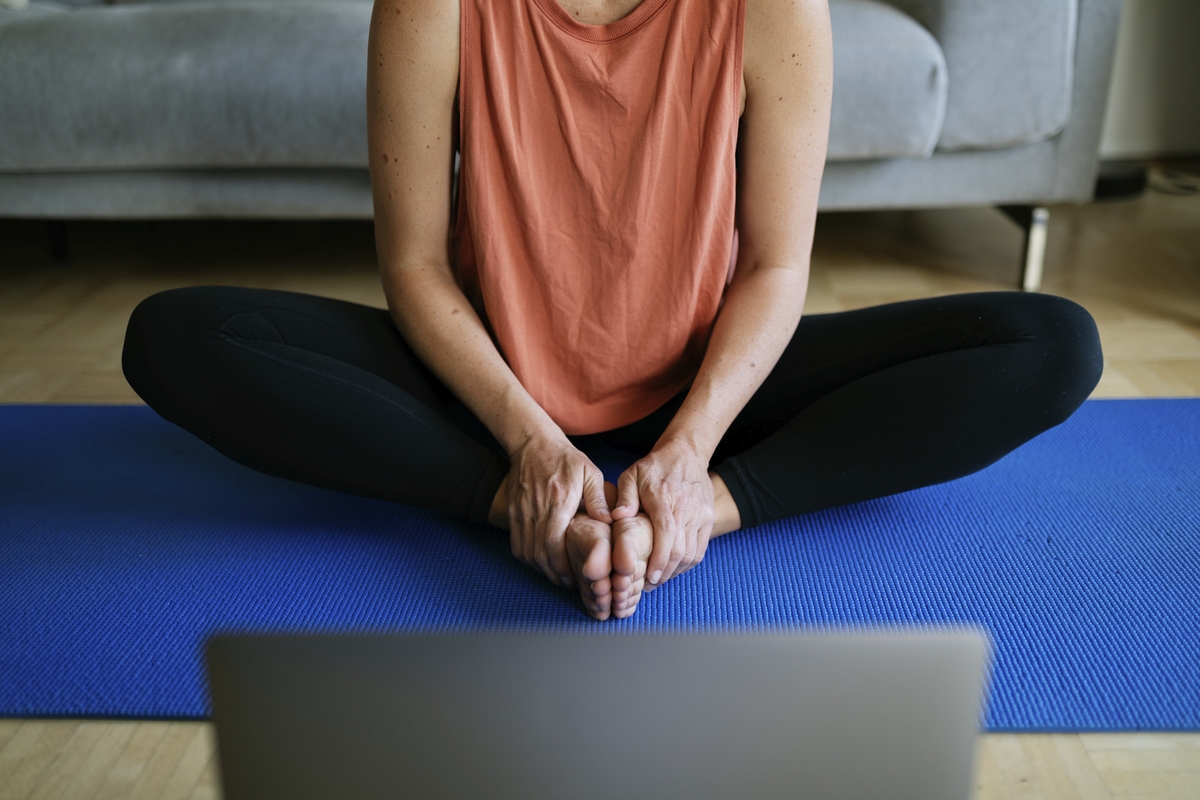What is a heart rate, and what factors influence it?
A heart rate is the number of times your heart beats in a minute.
A normal resting heart rate is generally between 60-100 beats per minute. Your heart rate can fluctuate as a result of the following factors:
Weather
When humidity or temperatures are high, your heart rate is likely to be affected. For every degree that your body temperature rises, your heart will beat about 10 more times per minute.
Low temperatures cause blood vessels to narrow, which means that the heart has to work more to pump and move blood throughout the body. As a result, cold weather also affects your heart rate and increases your blood pressure.

Standing up
Your heart rate can spike up in the first 20 seconds after standing up, and the position of your body can determine the speed of your heart rate. If you feel like your heart is beating faster than normal, have a seat and rest for a moment.
Strong Emotions
Your heart rate is influenced by your emotions, such as when you are angry, happy, stressed, or anxious. Any strong feelings are likely to impact your heart rate, speed of breathing, and blood pressure.
It is always important that you monitor your emotions, especially if you have developed heart complications in the past. Try controlling and managing your emotions if you have a racing heart because it can lead to other health complications.
Medications
Several medications affect the electrical signals in your heart and can make your heart beat faster or slower. Make sure you take any medications you’ve been prescribed regularly, and only under the advice of a healthcare professional.

Body Size
If you are above your ideal weight, you are more likely to have a higher heart rate. Most studies have linked obesity with developing irregular and rapid heart rates.
You can address obesity if it is a problem for you. Visit a dietician for tips on how to cut down on your weight and reduce the risk of heart complications.
Smoking and Caffeine
Smoking tobacco and a high intake of caffeine raise your heart rate. Nicotine found in cigarettes and caffeine causes the release of epinephrine, which results in a short-term increase in your heart rate and blood pressure.
Exercise
Your heart rate is higher when you exercise. When you exercise, the heart has to pump blood faster to send oxygen to your organs and tissues in the body.
Drinking alcohol
Alcohol makes the blood vessels in your legs and arms dilate. Your blood pressure inevitably decreases because the blood has a wider space to flow through your blood vessels. As a result, to keep the blood flowing throughout your body, your heart has to pump blood faster, increasing your heart rate.














